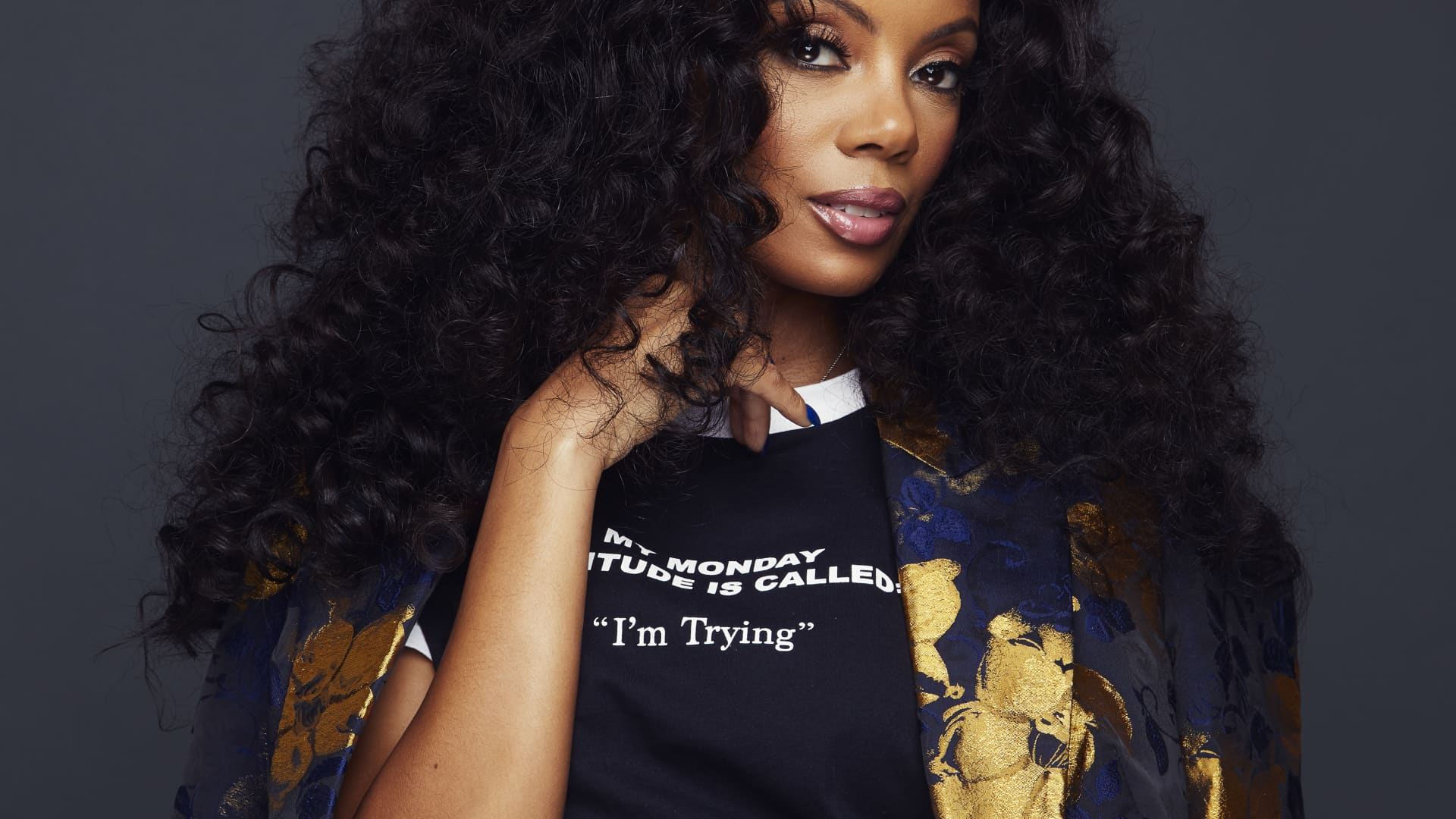
On Jan. 11, Monique Rodriguez, founder and CEO of multi-million-dollar natural hair care brand Mielle Organics, announced she had sold her company to P&G Beauty, sending Black Twitter into a frenzy. Though Rodriguez and her husband will remain CEO and COO of the brand, some consumers are upset to see that it’s no longer Black-owned.
“I don’t wanna hear nothing about supporting Black businesses because the second Black companies get all the support they need from the Black dollar they hand everything over to the person with the biggest check,” said one Twitter user.
For Black founders, success in business can be a double-edged sword. Some would consider selling your company — often for millions — to be a major accomplishment, but Black founders are continually scrutinized by their peers and customers for making this choice.
Another Black entrepreneur faced a similar backlash in 2017. Richelieu Dennis is the co-founder of Sundial Brands, which revolutionized the natural hair care business when his product, Shea Moisture, hit shelves in 2008. However, when Dennis sold the brand to Unilever in for an estimated $1.6 billion, he was called a sellout.
Rodriguez views the move both she and Dennis made as ‘selling up’ — not selling out — and says the backlash is due to a lack of general knowledge about what goes into building a business.
“People don’t understand how hard we work as business owners,” Rodriguez tells CNBC Make It. “People don’t understand what it takes to scale … that when we’re on the shelf at the retailers, we have to fight for our territory when we’re up against these larger companies. Our community doesn’t know what we go through as business owners.”
“We were nervous when we talked about our deal.”
Rodriguez and many other Black founders share a similar road to getting their businesses off the ground – depleting savings and putting any money made back into the company.
“Being a Black woman starting a company, the banks don’t believe in you. You haven’t proved yourself so investors don’t really believe in you [either]. So I had to bootstrap, utilize my paychecks and my husband’s bank account … everything would go to the business.”
While Rodriguez was making it work, in the long run, she knew continuing like this wouldn’t be sustainable. But with the success of her products, she started to catch the attention of investors, and in 2021, she got her first “historic” deal: $100 million in funding from Berkshire Partners, a private equity firm — a feat she was hesitant to share.
“We were nervous when we talked about the Berkshire deal because we were afraid that the community was going to look at us like, okay, they partnered with this so-called white firm, but people make that assumption because they don’t understand business.”
Selling up versus selling out
In the book “Sellout: The Politics of Racial Betrayal,” author and Harvard law professor Randall Kennedy explains that a sellout is someone who “betrays something to which she is said to owe allegiance. When used in a racial context among African Americans, ‘sellout’ is a disparaging term that refers to Blacks who knowingly or with gross negligence act against the interest of Blacks as a whole.”
This term has been thrown around loosely by many Black consumers when Black entrepreneurs partner with or sell their companies to large — and usually white owned — conglomerates. Yet, the pool of Black-owned conglomerates is slim, often leaving them with no other choice.
“If there were Black conglomerates, and Black, big, private equity firms and partnerships that allowed them to inject capital and allow us to grow, we would go to those Black companies,” Rodriguez says. “But if you can think within the universe, where are those companies? There are none. So where do we go to get the money and the capital in order to scale?”
Rodriguez says that rather than labeling these entrepreneurs as sellouts, people should view partnerships, investments, and acquisitions as opportunities to sell up.
“It’s not about selling out, it’s about selling up in order to grow and scale your company … in order to take that wealth and give back to the community.”
Using Shea Moisture as an example, Rodriguez explains that despite the backlash, the brand still operates according to the foundations set by Richelieu Dennis, and since the acquisition, he’s been able to start the New Voices Fund, a venture capital firm dedicated to supporting entrepreneurs of color, and invest in many Black-owned businesses.
The importance of an exit strategy
Having a successful business is a major accomplishment, but who’s to say that a person wants to be a business owner for the rest of their life?
“Some [entrepreneurs] may have the goal of running a business forever, or just like every individual in their career, may want to try new things and pivot,” says Angelina Darrisaw, a career coach and diversity expert. “Black business owners should have the capability of doing that as well.”
The choice to sell a business is seldom made on the fly, according to Darrisaw, who says that “one of the main things in any business course, or even as you’re writing your business plan, that a founder will be asked to consider is what is their exit strategy?”
“For founders like Monique, having exits is important for the long term … being able to have a wider pool of high net worth individuals who can support, help fundraise, and invest in other businesses so that we’re not seeing these bleak statistics anymore, like less than 1% [of Black founders] being able to secure $1 million in investments. So successful Black founders need exits to be able to pour capital back into our communities over time.”
Prior to the announcement of the P&G Beauty acquisition, Mielle Organics went viral after a white influencer, Alix Earle, encouraged her followers to buy the brand’s Rosemary Mint Oil. As a result, the product flew off of shelves nationwide, making it hard to access for Black women who relied on it.
Rodriguez’s exit as owner will not only “accelerate” the brand’s access for more Black women, but Mielle and P&G both pledged $10 million to expand the impact of the Mielle Cares charity, which provides education, economic opportunities and business relief for Black communities.
Rodriguez urges people to celebrate Black founders who achieve these milestones, instead of tearing them down.
“We can’t get ahead as a community if we continue to talk badly against people that make wise, strategic decisions to grow their business and to create generational wealth in their communities. So I think we need to just normalize partnerships. We need to normalize these collaborations, and congratulate these brands for doing things and selling up to create wealth and to reach back and help Black community.”
Check out:
39-year-old self-made millionaire: ‘Success isn’t owned, it’s rented. And rent is due every day’
How this 31-year-old tech worker built a community to help her peers bounce back from layoffs
Meet a 39-year-old founder helping Black boys transform their lives through tech and mentorship
Sign up now: Get smarter about your money and career with our weekly newsletter

